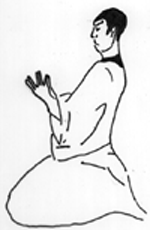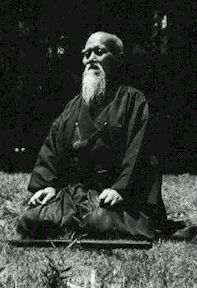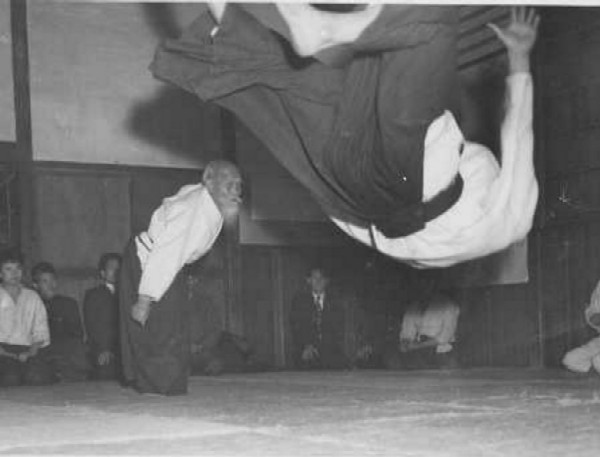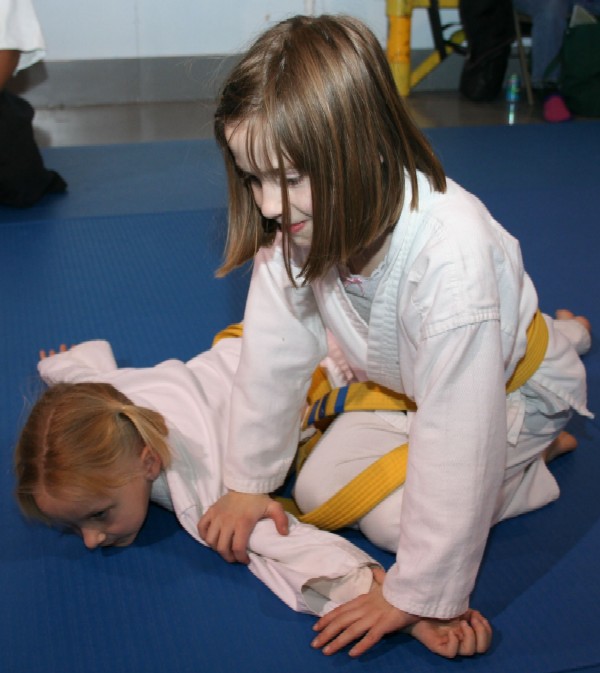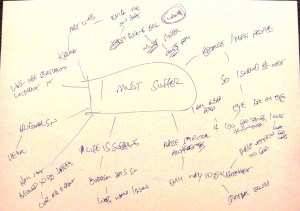Gratitude vs Appreciation
First, my apologies, this is going to be an airy-fairy and slightly word-nerdy post. I’ve been thinking for weeks about how to concretise it a bit, without too much success.
Gratitude lists are super popular (yes, 60 million pages). It’s very simple why – by focusing on what’s good in your life, you attract more of it.
Ever start a morning, stub your toe, feel shitty, then suddenly everyone you meet seems to be in a shitty mood too?
Yeah, it’s like that but in reverse. So you know, more fun, with less toe-stubbing.
As a bonus, the more sincerely you feel grateful for the positive things in your life, the more you genuinely connect with the present feeling of them – and well, the better you feel.
Giant “duh” there. This isn’t rocket science.
Now, here’s the caveat.
I’ve tried gratitude lists several times in the past. I’d wake up every morning, make a list of 5 (or 10) things I was grateful for, then get on with my day. I also tried at night, right before I went to sleep.
But for me? They never seemed to do, well, anything.
I didn’t feel much better and my life didn’t improve in any noticeable way.
If there’s one thing I’m a stickler for, it’s reproducibility.
I did try. Note the “several times”, above. Bottom line though, if something isn’t giving me significant, reproducible results, I throw it out.
Recently though, I’ve realised something.
There’s quite a difference between being grateful for something, and appreciating it.
Here’s where we get into the airy fairy bit.
If you’ve read back far enough, you’ll know I’ve spent a lot of time working with energy. Healing, shifting stuff around, all sorts of bibs & bobs. Trouble is, a lot of this is experiential. I know what I’ve seen and done, but it starts to get a bit tricky since I often can’t simply say “just do *this* and *that* will happen.” There’s a lot of background (& practice) required.
How do you get to Carnegie Hall? Practice, practice, practice. Simple, right? Yeah, exactly.
I try to keep stuff on here pretty concrete since me describing my experiences doesn’t do much for you if you’re in a very different place in your life. If you’re in a similar place, well, you’ll be seeing results like that anyway, so you won’t need me telling you.
So, if I say “Energetically, ‘appreciation’ is much softer and closer feeling whereas ‘gratitude’ is more distanced with little energetic connectivity” – well, that’s kinda hard to put into language that doesn’t depend on my personal experiences. Put frankly, if you’re not me (or energy weird like me) it’s gonna sound like crap.
However, let’s give it a shot. Just for fun.
Interestingly, just focusing on the words (in English) shows a lot.
Gratitude is quite a hard word (all those consonants). You could quite literally spit “I’m grateful for blah” at someone through angry teeth. Ha, I should know, I’ve done this, on particularly grumpy days.
Appreciation has all those soft rounded sounds. Saying “I appreciate blah” is a much gentler experience.
Of course, the key question is – is this a factor of the experiential difference between these terms, or is it merely a linguistic difference in this particular language (English)?
Tough to say. What came first, the experience or the description?
A rose by any other name might smell as sweet, but if it didn’t, would it have been named Rose in the first place?
Appreciating something feels (I warned you about this, right?) much closer, softer, more vulnerable, more open, more connected.
Gratitude (“I am grateful for..”) feels more analytical, more distanced, more of a third party description.
So again, perhaps this is merely a linguistic difference. You don’t say “I grateful” you say “I am grateful” – you’re describing a personal state of being – passive.
When you say “I appreciate” – you’re describing an action – active.
So maybe it’s just that difference – the insertion of the verb “to be” in the sentence.
Maybe. What came first, the behaviour or the linguistic variation in methods of describing that behaviour?
What I’ve been trying to do is tease this all apart. Is there actually a difference between gratitude and appreciation, or does it just feel this way because of how English is structured?
Let’s try and get the sentences as close as possible:
- I am grateful for foo
- I appreciate foo (no)
- I am appreciating foo (not quite)
- I am appreciative of foo
See, even then, the aural shape of the word “appreciative” softens the experience of saying it (particularly out loud). It’s also interesting how many ways you can dance around appreciating something (or someone), and yet with gratitude you’re forced to take a fixed position in time & space.
Interestingly, while we can say “I appreciate foo” (whomever foo is) there’s no equivalent form for gratitude. You can’t gratitude foo, you can’t grateful foo. You’re forced to be grateful, or express gratitude. It’s always one word, one state of being more abstracted.
All this word-nerding aside, at the end of the day, it doesn’t really matter.
If saying “I appreciate foo” feels better for you, more powerful, more connective, more useful then great, use that.
If you still reckon “I am grateful for foo” rocks your boat, well, do that instead.
As always, the trick is to find what’s right and what works best for you.
For me, since I’ve been thinking about this, I’ve noticed that every day I’m finding more and more things I appreciate. Plus, better yet, I’m verbally acknowledging them – and feeling better for it. So really I’m doing gratitude lists all day every day – by appreciating instead.
It’s working for me.
